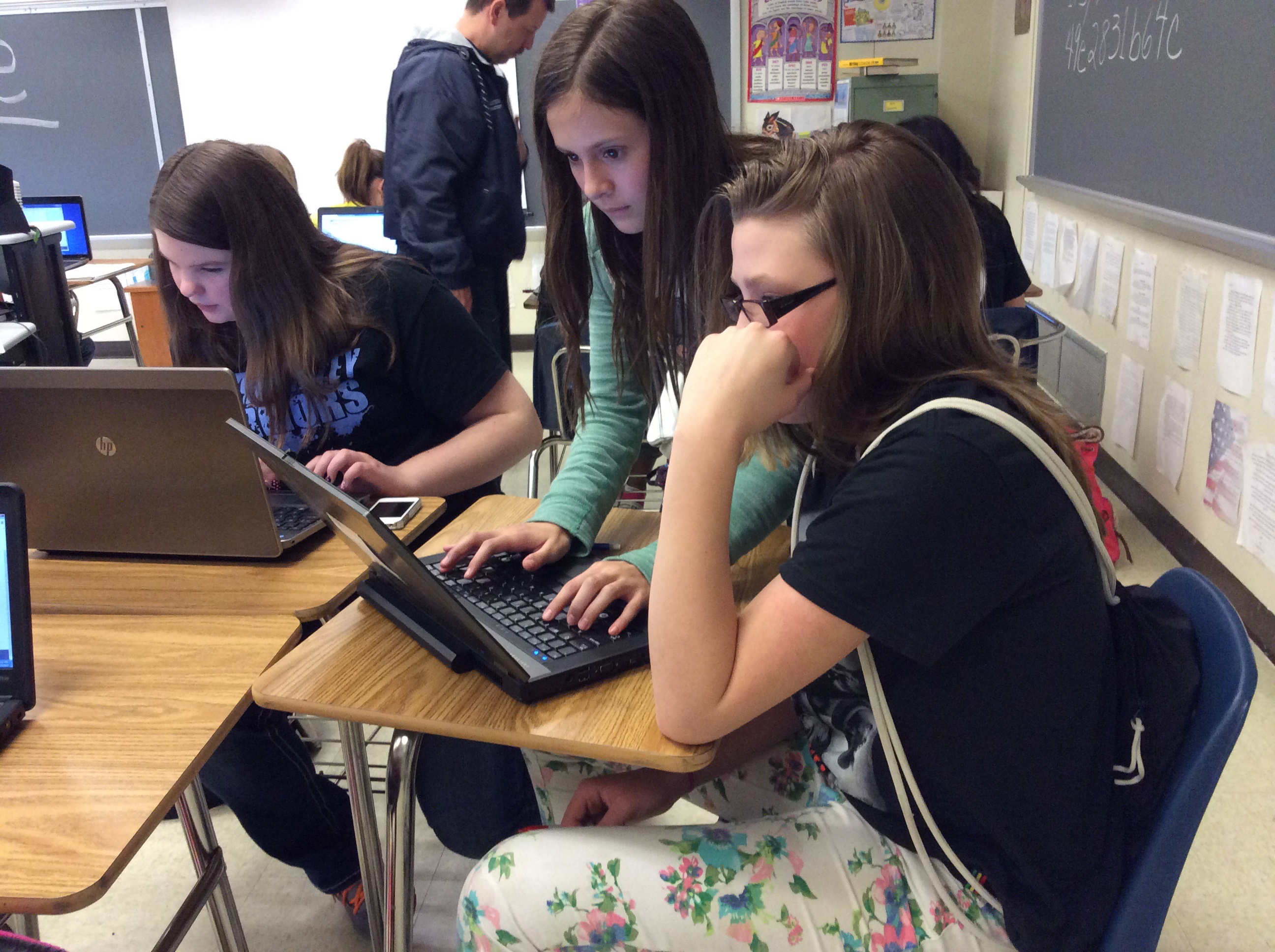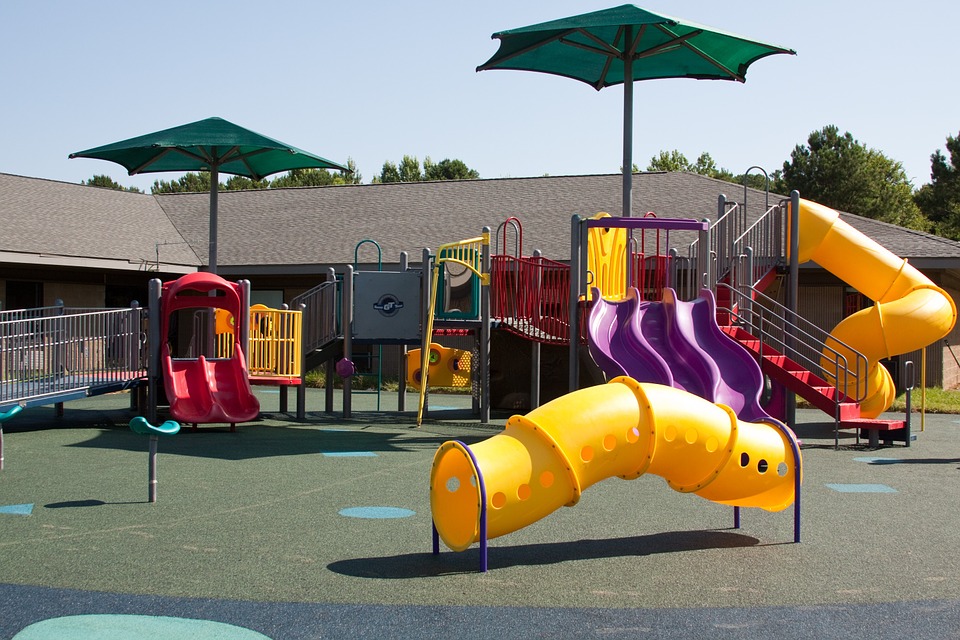How Learning Pathways Work

Traditionally high schools have offered learning pathways in the form of required course sequences, or “educational tracks,” such as college-prep, honors, or career and technical education, each of which would reflect distinct learning objectives and requirements. Typically, these tracks consist largely of students taught in classes, labs, workshops, and other school-based settings. Learning pathways connect with strategies such as authentic learning, personalized learning, and learner-centered learning, among others, which generally seek to expand or change the teaching approaches schools utilize to educate learners.
Learning pathways are based on the idea that students’ education does not have to be delivered exclusively by educators or confined to traditional classes; learning can happen at different times and in distinct places. Learners can learn in their community, in a workplace, or by observing organic habitats, for example, and they can learn under the guidance and tutelage of business professionals, tradespeople, scientists, and community leaders in addition to educators.
By formalizing “several pathways” or “personalized pathways” as viable educational options for learners, schools can create alternative learning experiences that may be better suited to some learners while also expanding the number and type of learning options they make available to learners.
Learning pathways are also based on the idea that learning accomplishments should be identified, rewarded, or valued consistently and equally regardless of whether learners learn in a school, outside a school, or online. Suppose one student learner learns a concept through reading and researching, for example. In contrast, another learner learns the same concept through a volunteer experience or internship. In that case, schools can assign the same “value”—in the form of grades, credit, or educational identification—to both “pathways.”
Learning pathways are related to proficiency-based learning, emphasizing the products of a learning experience more than the process (how or where learners learn the skills and knowledge they are expected to learn). Suppose schools explicitly measure the knowledge and skills learners acquire when pursuing a learning pathway, and they base their assessments on consistently applied to learn standards. In that case, they may refer to learning pathways as competency-based pathways or proficiency-based pathways, among other terms.
Another essential distinction is the difference between pathways that are offered and those that are created. Historically, schools have offered a selection of classes and programs, and learners selected the options that seemed best for them. In some schools, learning pathways are comparably designed—schools are just expanding the number and types of educational options available to learners.
However, in other schools, learners and educators may be given greater flexibility to design more personalized learning experiences based on a specific learner’s learning needs or interests. For instance, a school may not offer Japanese courses (perhaps because it is too small and cannot afford a Japanese educator). Still, it may let a learner take a Japanese course at a local university and receive high school credit to complete the class.
The college-level Japanese class might be considered comparable to a world-language elective. The school might also let a learner pursue an independent-study project in Japanese history and culture under the guidance of an educational affiliattion with a local Japanese cultural organization. The school may award some form of educational identification or credit to a learner who traveled to Japan and documented the trip.
The grades, credit, and other forms of educational identification awarded to learners would be based on required educational expectations or standards, and educators would assess learning achievement in the school.






